“No correlation between export-oriented & employment-oriented production”
Prof. Manoj Pant, Director, Indian Institute of Foreign Trade opines that India needs to carefully bridge the gap between export-oriented and employment-oriented production, if it seeks to attract the companies exiting China. In his view, the only way to become part of global production hub is to encourage quick Foreign Direct Investment into India.
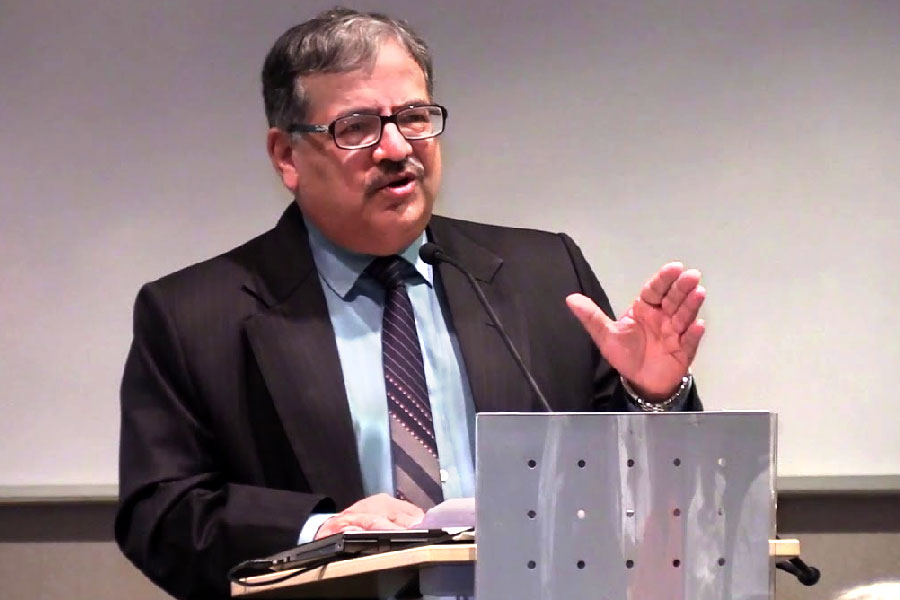
TPCI: All over the world, COVID-19 has instilled an understanding that there is a need to diversify the supply chain and therefore, plans of all the major investors to exit China are in full swing. How can India emerge as the world’s new factory and a global production hub?
Prof. Manoj Pant (MP): The crucial issue in any international production is the supply chain. So, India has to integrate into the relevant supply chain. In the context of relocating companies from China, one will have to see if one is looking at current focus export areas of China (electronics, data processing machines etc.) or current Indian focus areas from the point of view of employment (apparel, agricultural exports). There is no one-to-one correspondence between export-oriented and employment-oriented production.
TPCI: In a bid to capitalize on this opportunity, Japan has already started taking steps to become an attractive investment destination. Besides Japan, which other countries can give India a tough competition in this regard and why?
MP: India does not compete with Japan in terms of world markets and competition. The focus of Japan is on fairly high-tech products. So, here the issue is how can one invite Japan to produce in India in partnership for either exports or domestic production. I am, therefore, suggesting that FDI is what we need in India as that is the only source of technology, which is crucial for exports.
The other competitors like Vietnam are not so crucial as they can’t reach the scale of production required for exporting goods to the extent that China does.
TPCI: What advantages does India have in comparison to its other competitors that can make it a lucrative destination for major companies across the world? What are the major industries that the government should concentrate on in order to make the most profitable business deals and international collaborations?
MP: The main advantage has to be skilled and unskilled (low cost) labor force and large domestic market in addition to exports. I suggest focus on existing areas (pharma, diamonds and machine tools) and new areas (apparel, electronics, toys and labor-intensive industries).
TPCI: For decades, China became the world’s factory, manufacturing everything from stationery and toys to electronics and APIs. What are some of the things that India can imbibe from China’s experience in order to become its newest replacement?
MP: The definition of unskilled labor is not no-skill labour as currently in India, but unskilled labour which is trained in repetitive work (assembly) and needing at most ITI skill levels. This has been China’s major advantage in the past. The second has been labour laws which ensure some degree of discipline in the labour force.
TPCI: How should India address the issues of high land cost, contract and labour laws?
MP: The issue of factor cost is a general one. The main issue is mobility and substitutability of factors. The land one is easy. Price of land is derived from the price of the final product for which it is used whether for farming or for residential/construction. So, first decontrol sale/purchase of land by removing the costly and rent seeking system of changing land use from agriculture to non-agriculture. Once the land asset becomes relatively liquid, let the use (agricultural or non-agricultural) be determined by markets subject of course to strict environmental regulation.
Labour is different in the sense that livelihood is important especially in democracies. Land/capital etc. do need physical sustenance and do not vote. So, the choice of contract and non-contract labour is not an easy market driven one. Removing all labour legislation may ease firing of labour but does not imply easy hiring! So, the distribution of income between profits and wage labour will have to depend on some consensus (as reached after the Second World War) and cannot be left entirely to the market, particularly in a democracy.
TPCI: What are the crucial roadblocks that could come in the way of India becoming a global production hub? How can these be overcome?
MP: The only way to become part of global production hub is to look at the global supply chains. The only way to do this is to encourage quick Foreign Direct Investment into India. Here getting the states into the partnership is crucial. Maybe states can be given some autonomy in bringing in FDI.
The roadmap towards making India an R&D hub is also correlated with FDI. At present, private sector expenditure on R&D is negligible particularly in the area of manufacturing, with the exception of some areas like pharma. So, progress there will also depend on progress in inviting FDI in the manufacturing process.
TPCI: What role can cluster manufacturing play for India’s evolution as a manufacturing hub? What initiatives should be taken to fast track cluster manufacturing in focus sectors?
MP: I believe cluster manufacturing is a consequence of the economics of agglomeration and not a cause. Government or other interference led to formation the current known clusters of diamond (Surat), automobiles (Chennai) and now in a few other places in North India and Coimbatore and Tirupur (apparel). Government can only provide basic infrastructure and the rest follows but in general government will flow the market not the other way around.
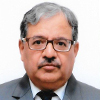
Manoj Pant is an Indian expert in international trade. He is the Director of Indian Institute of Foreign Trade since August 2017. Previously, he was a full-time professor at the Centre for International Trade and Development, Jawaharlal Nehru University, where he taught international trade theory.







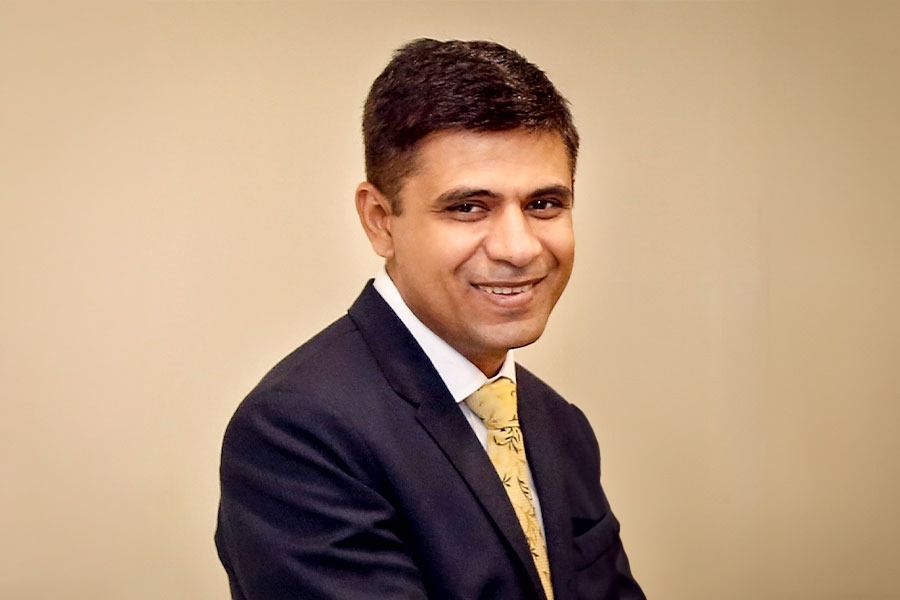
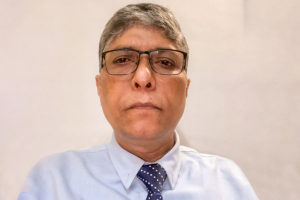
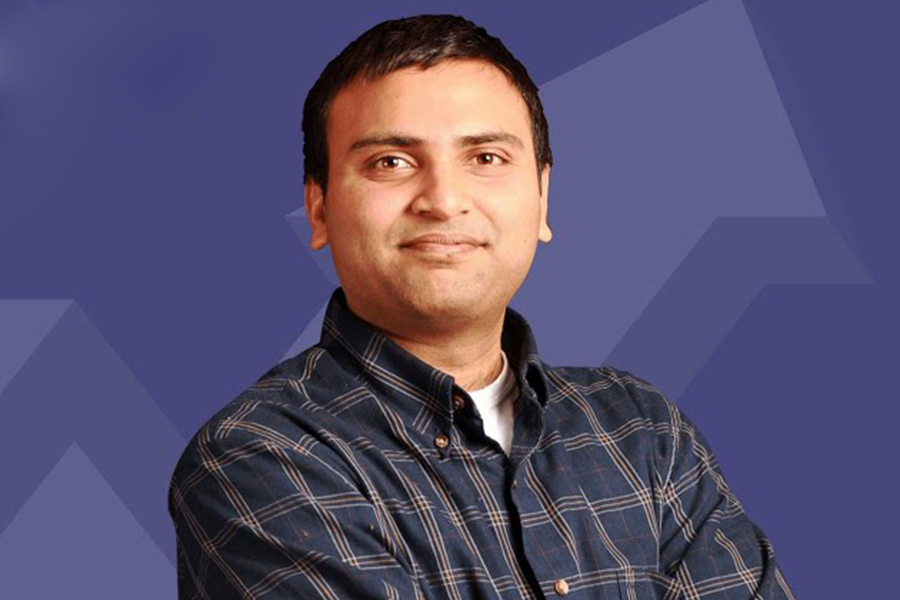



Leave a comment